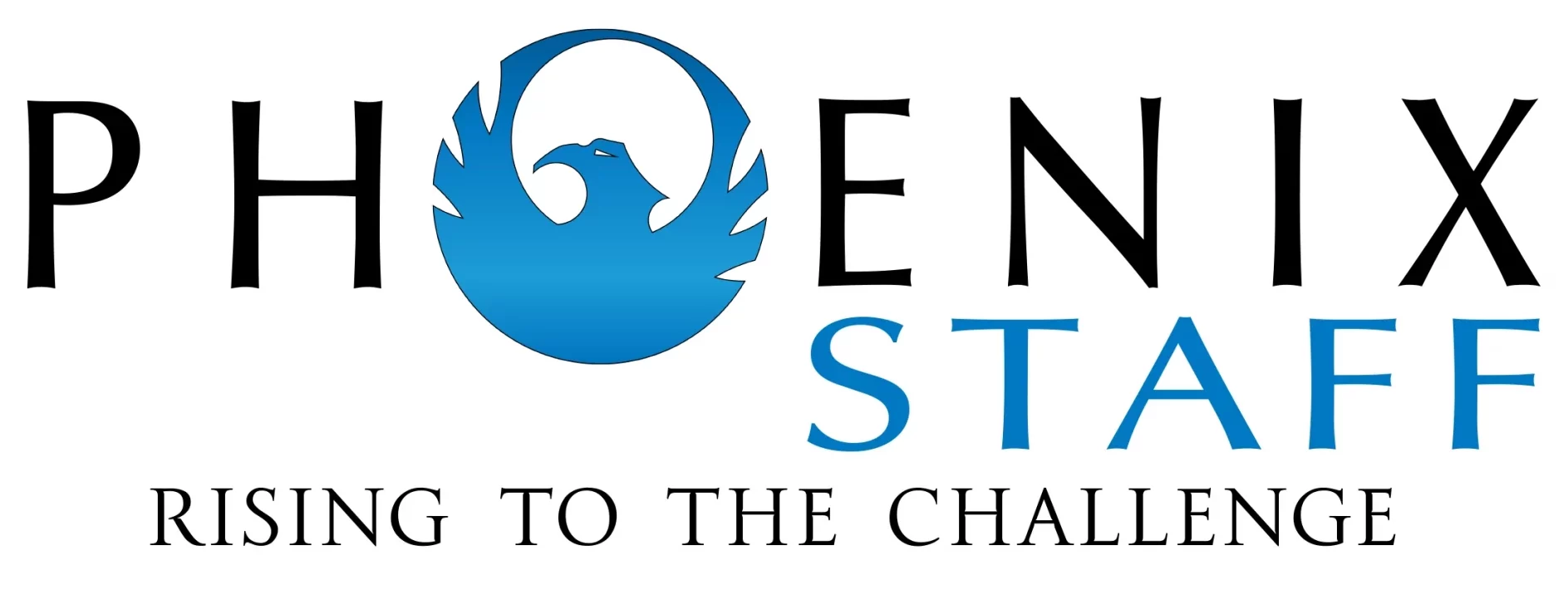At some point in time, most companies need to add structure or implement policies that will be counter to the intended or “original” culture. In Phoenix alone, I have witnessed it happen in at least 10 companies that either went from start-up to publicly traded, start-up to sold, start-up to “preparing to go public” or have brought in a new CEO or leader to help with transforming the company in some way that makes them more attractive to potential suitors. In each case, the culture changes and the people have a choice to adapt to the impending changes, accept and go along with the changes or leave. Oftentimes, the people who leave have been through this sort of shift before and aren’t at all thinking that the company made a poor choice to create the “event” or move toward such an event. There are, however, a fair number of people who lean more toward thinking that it could have been handled differently or that they could have created the event AND kept the culture the exact same way it was before. There are only a couple of examples of companies accomplishing this task – Tony Hsieh’s Zappos and Google come to mind at the top of that list. Everyone else that I can reference, discovered that in order to scale, they needed to pivot more toward a traditional model that included more process, policy and, along with that, a change in the existing culture.
Take any company that has a passionate and excited founder or team of founders – they can grow it from a concept in the garage to a multi-million or multi-billion dollar offering and keep the team intact. They create an environment that, for a while, can be the local areas “employer or choice”, everyone wants to work there, their referral program is robust and people are flocking there in droves.
Behind that passion, stands heroic leadership.
As a friend of mine mentioned yesterday, “Heroism is not scalable”. Talk to people who were the very first handful of employees hired by Microsoft, PetSmart, Home Depot, Apple, Dell or countless other companies that started with one or a small group of original founders. The excitement will be palpable and the comments about culture, mission of the company, leadership visibility and accessibility – all of the things you expect of a start-up were ever-present. When you ask the follow-up question of, “what do you hear about them today?”, you’re likely to get 1 of 2 reactions. Either, “It’s certainly changed, but it’s to be expected with the growth and the ascension of the company to where they are in the market today” or “Not the same. Can’t imagine why anyone would even want to work there today.”
Each of the companies referenced above have amazing cultures and, like any other company out there, have their own challenges communicating across the vastness that they have become. Are they really a worse company today than they were when the original groups of people were there? I would say not. They are just different and doing what needs to be done to scale the company.
It may be that you don’t subscribe to the “let’s scale this thing” approach. That’s fine.
Harkening back to earlier comments I’ve made on where you see your own career going and making sure you are taking the steps to get there – when you find yourself working for someone you believe is going to be a change agent or is striving to shift the market in their favor, get out quickly if you find yourself siding with the second group referenced above. If, however, you find that sort of thing to be career-changing, resume building, momentous and a bit of a thrill ride, then stay put and enjoy the ride.

